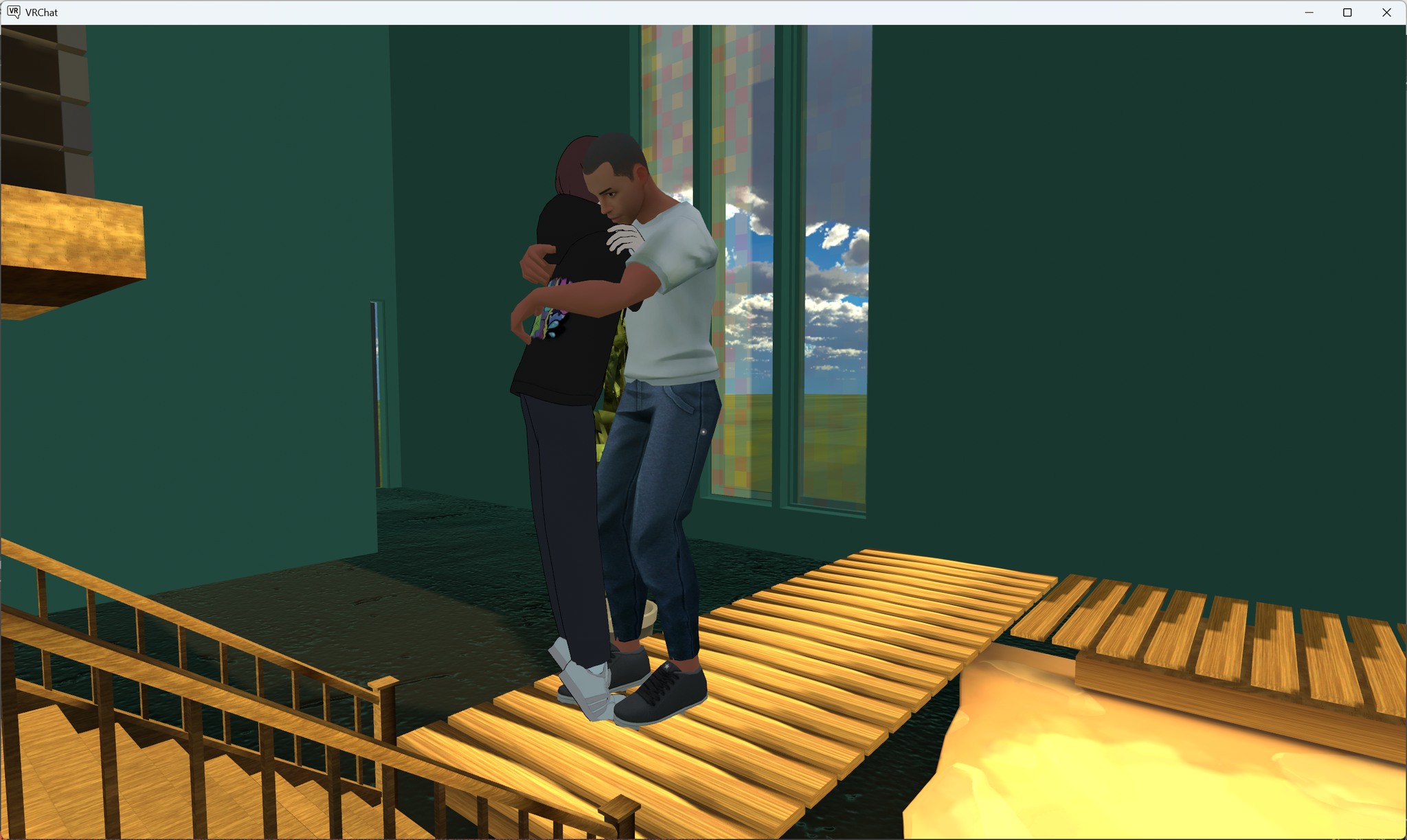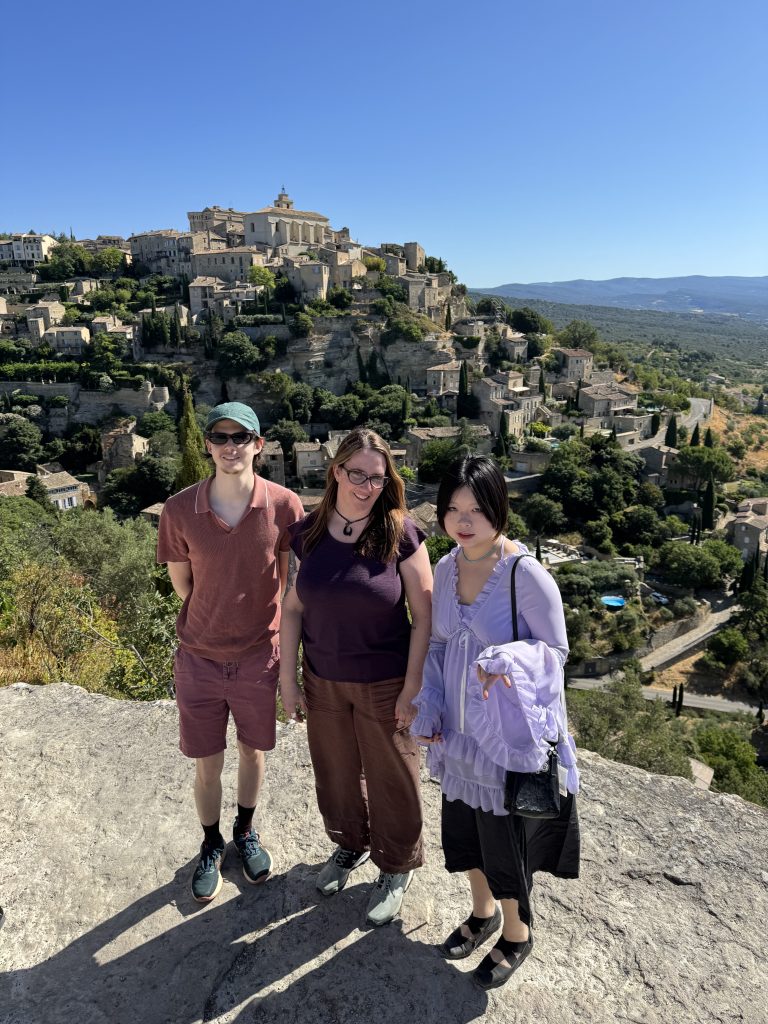This summer, UW–Madison faculty member Megan Reilly’s virtual theatre project, “Beyond the Garden of Adrian,” was featured in a showcase at the Festival d’Avignon in France — one of the world’s premier performing arts festivals.
The project reimagines Adrian Howells’s 2009 one-to-one performance, “The Garden of Adrian,” in virtual reality. In the original work, Howells guided a single audience member through a series of quiet, reflective encounters — such as sharing a strawberry or silently observing a flower — designed to foster intimacy and connection.

Reilly’s adaptation sought to understand whether that same actor-audience connection could exist in a virtual space.
Reilly, an assistant professor in the School of Education’s Department of Theatre and Drama, began developing the project in 2020, when COVID-19 shuttered theatres worldwide. At the time, many theatre artists turned to the digital realm to keep their work alive — but they often struggled to create a genuine sense of connection with audiences through a screen.
“The reaction to a lot of these online works was pretty negative, with people making comments to the effect of it not being ‘real’ theatre,” Reilly said. “I wanted to find a way to improve this type of performance, because I don’t believe we’ll never experience another pandemic or situation where being together is impossible — given climate change and general instability in the world.”
Working with collaborators and students, she reconstructed Howells’ performance in virtual reality (VR), experimenting with both faithful recreations and new VR-specific effects — such as transforming the setting into a star-filled sky or an idyllic beach scene.
In 2023 and 2024, test audiences experienced the work and offered feedback. “What we found with our test audiences was that the original piece encouraged more of a connection, and my hypothesis there is that the VR affordances were ‘cool’ but ultimately distracted from the one-to-one connection,” Reilly said.
UW–Madison students were instrumental to the project’s development, including theatre student Nicky Chier, who played the role of Adrian and guided participants through the performance. Reilly explained there are significant differences between acting onstage and in a virtual environment, which Chier was quick to grasp. “He created a character that our audiences had an easy time relating and responding to,” she said.

In addition, computer sciences student Olly Guo programmed much of the immersive environment. “Olly was instrumental to the whole project,” said Reilly. “It couldn’t have happened without her passion and expertise.”
In 2024, the project caught the attention of Cyrielle De Sade, curator of the Festival d’Avignon’s digital performance showcase, who invited Reilly and her team to present it in summer 2025. Over the course of the festival, they performed for 14 individual audience members.

“Performing at the showcase in Avignon was something I never would have dreamed of happening,” said Reilly. “I think the students had a really rich experience attending other productions both in the Festival d’Avignon and in the Festival Off Avignon. They were talking a lot about shows they saw that they honestly would never have experienced in the United States.”
While the project’s performances in France marked a milestone, Reilly sees this as just the beginning. She plans to publish findings from the project and eventually create original VR-based theatre, moving beyond adaptations of existing works. However, she cautions that her results are not definitive, stressing the need for further research.
“I believe we identified many ways that artists using this medium can improve their work in VR to better connect with audiences. I believe we demonstrated that when two people simply connect in a (VR) space, there is a real connection there — and something gets lost when what we might think of as ‘special effects’ are introduced. But these are only initial thoughts that would require more exploration.”